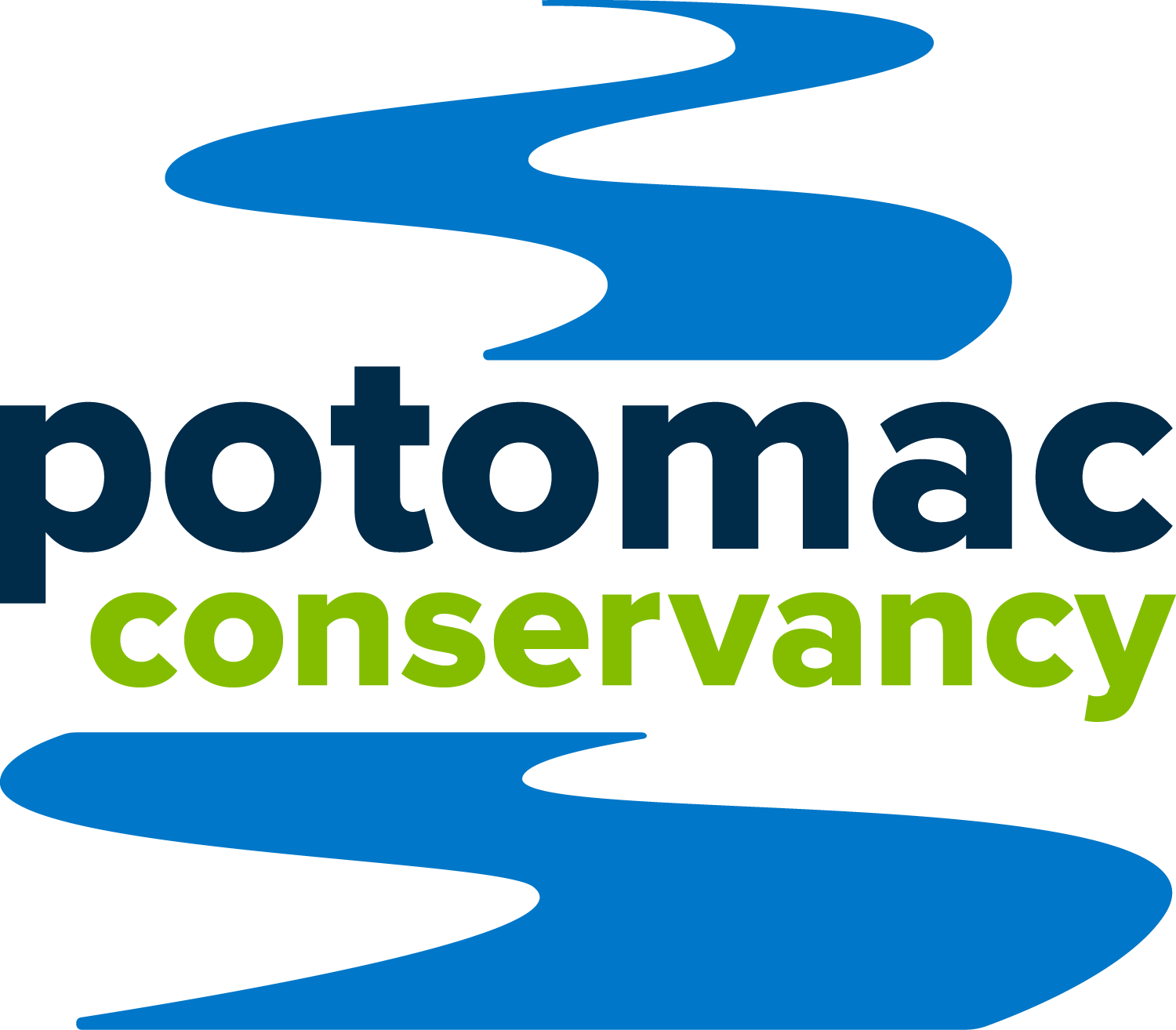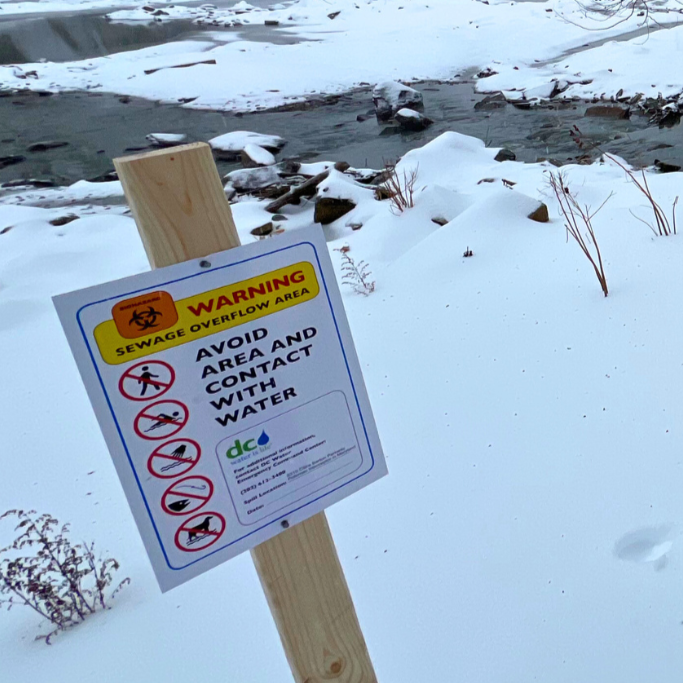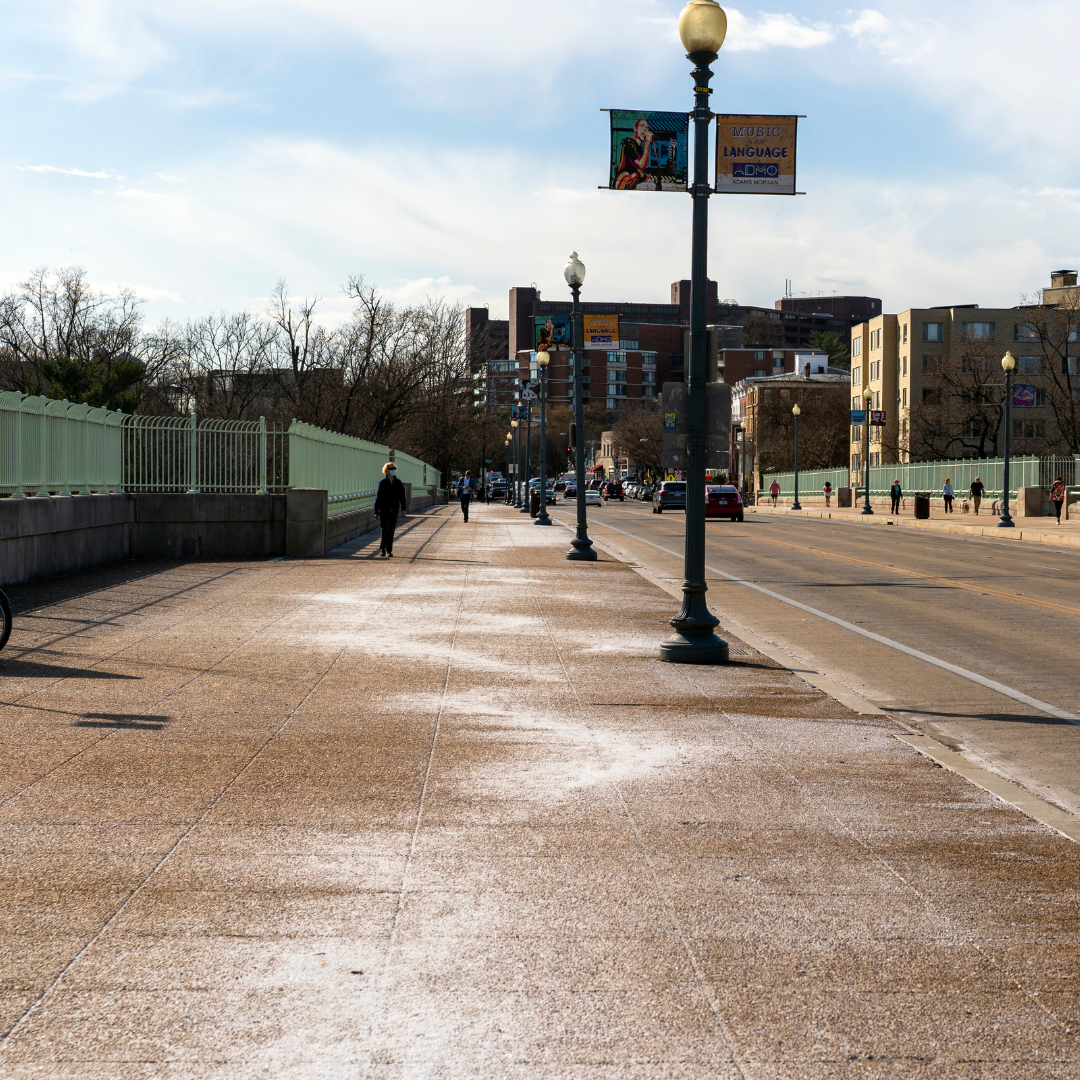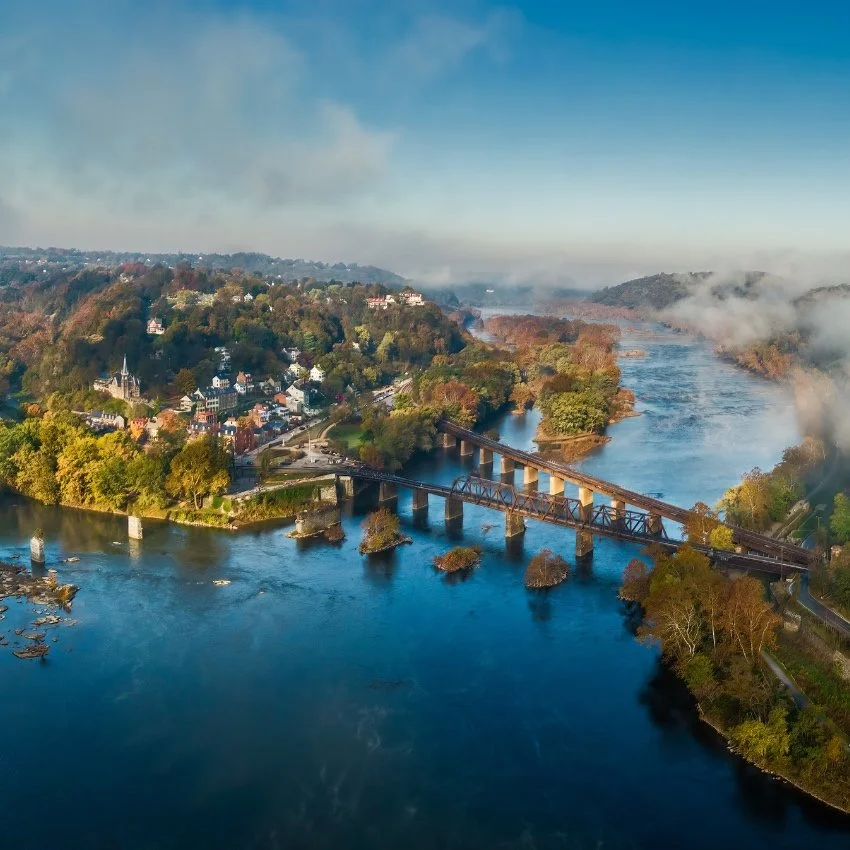The Potomac River is trashed with plastic litter - Here's why
/Let's talk about the real reasons people litter and how to stop it
Polluted runoff is the fastest-growing source of pollution to the Potomac River. So it’s understandably frustrating when people add to the problem by flinging their trash on the ground or not recycling properly. The latest research from Keep American Beautiful tells us that there are 152 pieces of trash per U.S. resident. That equals 50 billion pieces of litter.
It’s easy to oversimplify the problem by blaming thoughtless litterbugs, but in reality, the story of litter isn’t as simple as “good citizens versus evil polluters.”
If we want to understand why there’s a litter problem in our community, and how to fix it, we need to understand the mindset of litterers.
So, why do people litter?
Oftentimes, people litter simply because there isn’t a trash can nearby. Rather than uncomfortably carry trash away with them, people decide it’s easier to leave it behind, according to research done by the Allegheny Front.
An easy step toward a solution, then, is to contact local park officials to ask about installing more trash and recycling receptacles.
Furthermore, Robert Cialdini, a psychology professor at Arizona State University, says the decision to litter is based largely on environmental cues—or what people see around them.
“It all comes down to norms, and you get those cues from the environment,” Cialdini told The Atlantic. “People litter for reasons of convenience. They don’t want this thing. The crucial question is why don’t they litter, since the easy thing is to litter. Why would people hold onto a piece of trash? Their attitudes toward the environment make a difference, but what they perceive as the norm is key.”
In other words, the decision to litter is based on the actions of other people—for both good and bad. If an area is already highly littered, people are more likely to add more litter, while the cleaner an area already is, the less likely people are to disrupt the scene by littering.
🌟 Solution: Advocate for better local recycling programs or organize a Potomac River cleanup and help create an environment where people feel empowered and are less likely to litter!
Why Don’t People Pick Up Litter?
There is some personal responsibility involved in littering. According to the Keep America Beautiful report, people are more likely to litter when they feel “no sense of ownership for parks, walkways, beaches, and other public spaces.” This sense of ownership, instead, is found around people’s homes and neighborhoods.
A study done by the Trash Free Maryland initiative determined that many people, facing litter-filled communities, feel disappointed about the state of their community and wish it were cleaner. However, they hesitate to remove litter from their community because of sanity concerns such as the spread of diseases and contamination from hidden needles.
They also feel a “sense of futility in picking up litter, as there is so much that a new batch of litter blows in almost as soon as the old litter is picked up.”
🌟 Solution: We can combat the feeling of futility by advocating for systemic fixes to stop litter before it gets to our homes, like legislation promoting reusable, non-plastic products.
IMAGE COPYRIGHT WILLIAM MACFARLAND, MACFARLANDPHOTO.NET
How does litter affect our mental health?
While being outside is one of the best ways to boost your mental health, that effect is dampened when the outdoors is trashed with plastic and litter.
A 2016 study found that littered coastal environments were less liked, resulting in a lower mood, and were less likely to be restored.
So how do we work with community members to solve this problem? According to the Trash Free Maryland study, many community members feel disheartened by the litter in their neighborhoods and wish they were part of trash-free communities.
🌟 Solution: This is good news because if people long for a nicer community, all it takes is organizing to turn that willpower into action! So let’s do our part, lead by example, and share the simple ways we can all contribute to a trash-free environment with neighbors and friends.
Want to break the cycle of harmful litter
and keep the Potomac River clean?
Volunteer at a trash cleanup!
🚮 Correction: In a previous version of this post, we mistakenly stated that the state of Maryland has passed a plastic bag ban. We sincerely apologize for the error! Here’s what actually happened:
Maryland's state House has passed a single-use plastic bag ban with wide support, but the state Senate voted it down two years in a row. The bill would have gone into effect in July 2022.
The good news is that cities and counties in Maryland are leading the way!
Plastic bag bans are in effect in Takoma Park and Baltimore County
Straw bans are in effect in the District, Montgomery County, and Prince George's County
Foam container bans are in effect in the District, Montgomery County, and Prince George's County
A special shout-out to our friends at Trash Free Maryland and Maryland LCV who have been leaders on this issue and working with Potomac Conservancy and the community to fight for litter-free waterways. Together, we'll continue to strengthen water protection laws!

